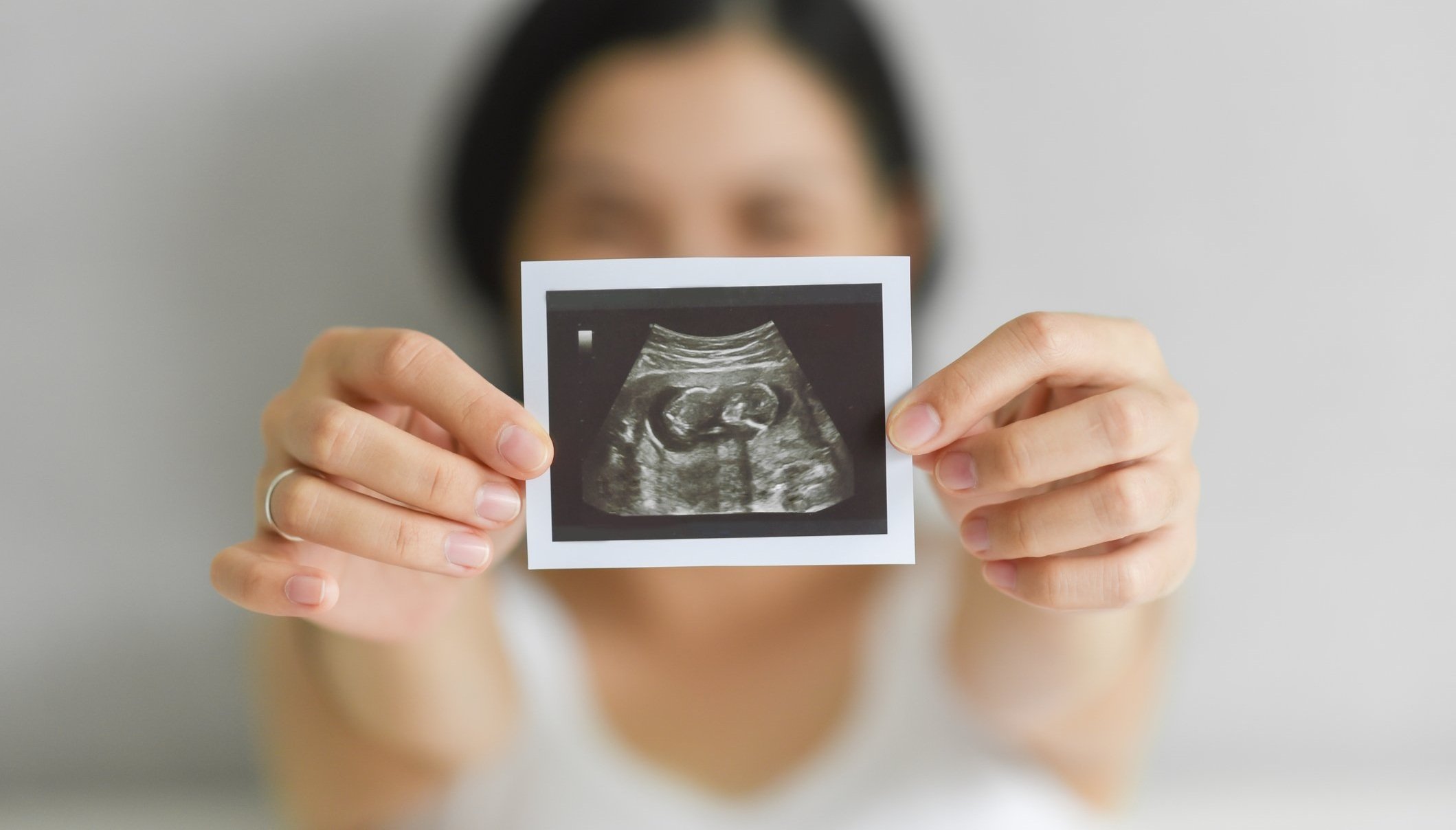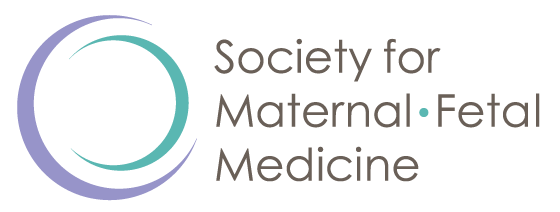
What makes a pregnancy high risk?
A high-risk pregnancy is one that requires special care because of a problem with the pregnancy itself, a preexisting maternal health condition, or a fetal birth defect or complication.
Pregnancy Problems
-
In some cases, an underlying health problem may be the cause of multiple miscarriages. If an underlying cause is found, treatments can be recommended to reduce the risk of miscarriage in the next pregnancy.
-
Labor contractions that start too soon (preterm labor) or the water breaking too early (preterm premature rupture of membranes, or PPROM: If the normal events of labor start too early, the fetus is at risk of being born before he or she is ready for the outside world. Drugs to slow preterm labor and steroid injections that help fetal organs mature can be given to help prepare the baby for the outside world if born early.
Shortened Cervix – The cervix keeps the uterus closed until it is time for birth. In a condition called cervical insufficiency, the cervix starts to thin too early, which can lead to preterm birth. Cervical insufficiency can be treated with medications or surgery that may be able to reduce the risk of early birth.
Cerclage – In some cases, surgery can strengthen a thinning cervix. In this procedure, the cervix is sewn shut, either through the vagina or through an incision in the abdomen, to prevent pregnancy loss.
Preterm Birth in a Prior Pregnancy – Many factors can increase the risk of giving birth too soon. If a contributing factor is found, therapies may be available to reduce the risk of preterm birth in the next pregnancy.
-
In a healthy pregnancy, hormones lower the mother's blood pressure and direct food and oxygen to the uterus through the placenta. Sometimes, however, signals from the placenta cause blood pressure to increase, which can lead to problems such as gestational hypertension, preeclampsia, HELLP syndrome, and eclampsia. The cure for these conditions is to deliver the baby, which is risky when high blood pressure develops months before the due date. In these situations, the risks and benefits of continuing the pregnancy vs. giving birth to improve outcomes for mother and baby need to be carefully weighed. Those with a history of blood pressure issues during pregnancy can take steps to reduce risk before their next pregnancy.
-
During pregnancy, the placenta delivers vital nutrients and removes waste products from the fetus. Shortly after birth, a healthy placenta detaches from the uterus and passes out of the mother's body. If the placenta is located over the cervix, or if it begins to detach before birth, bleeding can occur.
Placenta Previa – Usually, the placenta attaches to the uterus far from the cervix. In cases of placenta previa, the placenta blocks the birth canal. During labor, placenta previa can cause bleeding. Careful monitoring can help determine a safe time for birth.
Placenta Accreta, Increta, and Percreta – In these conditions, the placenta is attached too tightly to the wall of the uterus, and it cannot separate after the baby is born. This problem is more common after previous surgeries on the uterus, such a cesarean delivery, that scar the uterine wall, particularly if there is a placenta previa. Often, a hysterectomy (removal of the uterus) at the time of birth is needed to control life-threatening bleeding. Ultrasound can be used to estimate the risk of accreta, and maternal-fetal medicine physicians (MFMs) and expert surgeons often work together to develop a safe birth plan.
Placental Abruption – In a partial abruption, a small amount of the placenta detaches from the wall of the uterus, causing bleeding. If bleeding is mild and there are no signs of distress, the pregnancy can continue with close monitoring. In a complete abruption, most or all of the placenta detaches from the uterus before the baby is born. Urgent surgery is needed to deliver the baby and control bleeding.
Maternal Health Problems
Pregnancy can worsen existing health problems, such as high blood pressure, diabetes, or kidney disease, and these chronic conditions can affect pregnancy. Those with high-risk pregnancies often need monitoring throughout the pregnancy and may require medications to manage their medical problems with minimal risk to the fetus. The following sections list some of the preexisting health conditions that may complicate pregnancy and for which the expert care of an MFM may be needed.
-
Heart disease can be present before pregnancy, or it can develop for the first time during or shortly after a pregnancy. MFM and cardiology specialists work together to care for pregnant people with heart disease in pregnancy. Examples of heart conditions that may require MFM care include:
Congenital heart disease
Arrhythmias
Valve disease
Cardiomyopathy
Pulmonary hypertension
Coronary artery disease
Heart transplant
-
During pregnancy, the lungs work harder to bring in more oxygen and expel extra carbon dioxide. Chronic lung problems can cause an extra burden during pregnancy.
Asthma
Pneumonia
Restrictive lung disease
Influenza
Tuberculosis
Cystic fibrosis
-
Having extra body fat increases the risk of diabetes, high blood pressure, birth defects, and cesarean delivery. If you are overweight or obese at the time of pregnancy, you may benefit from expert advice on nutrition, advanced ultrasound, and expert management during labor.
-
The endocrine glands make hormones, the chemicals that control many body functions. Some hormones made in extra amounts during pregnancy, such as estrogen, can change how the body responds to stress, regulate blood sugar, and control the flow of nutrients such as calcium and vitamin D. Those with endocrine conditions may need expert advice to help their bodies adjust to the demands of pregnancy and to return to normal after childbirth.
Addison's disease
Type 1 diabetes mellitus
Thyroid disease
Parathyroid disease
Pheochromocytoma
-
During pregnancy, the digestive system slows so that the body can absorb the nutrients needed for fetal growth. These changes likely contribute to morning sickness, and they can worsen existing conditions such as gallstones and heartburn.
Nausea and vomiting of pregnancy; hyperemesis gravidarum (severe nausea and vomiting of pregnancy)
Eating disorders
Intrahepatic cholestasis
Inflammatory bowel disease (ulcerative colitis; Crohn's disease)
Gallbladder disease (cholecystitis; cholelithiasis)
Pregnancy after liver transplantation
Pancreatitis
Wilson's disease
-
The amount of blood in the body increases by almost 50% during pregnancy. As a result, blood clots form more easily, most likely as a way of preventing heavy bleeding during childbirth. If you have blood problems, such as anemia or clotting problems, these changes can require special care during pregnancy.
Maternal anemia and hemoglobinopathies
Sickle cell disease
Von Willebrand disease
Thrombotic thrombocytopenia purpura/hemolytic uremic syndrome
Venous thromboembolism and anticoagulation
Inherited thrombophilia
-
Kidney Disorders
The kidneys work overtime during pregnancy to filter out waste products from both the mom and fetus. Preexisting kidney disease may require special blood pressure monitoring during pregnancy to protect the kidneys and ensure fetal growth.
Kidney transplant
Nephropathy
Chronic renal insufficiency
-
Hormonal changes and greater blood volume can aggravate or improve neurologic problems. The stresses and hormonal changes of pregnancy can also complicate psychiatric conditions. Some medications to treat these conditions may also affect the fetus. For both neurologic and psychiatric diseases, it is essential to plan ahead and choose treatments that keep these conditions under control while minimizing risk to the growing fetus.
-
Seizure disorders
Headache
AV malformation/Berry aneurysm
Multiple sclerosis
Pseudotumor cerebri
Myasthenia gravis
Spinal cord injury
Diabetes insipidus
-
Substance use disorders
Depression
Anxiety
Bipolar Disorder
Trauma Other psychiatric disorders
-
Pregnancy changes the immune system so that the mother's body does not reject the growing fetus. These changes can increase the risk of some infections. Changes to the immune system may also affect autoimmune disorders.
Some people have long-lasting infections, such as hepatitis B or HIV, that can affect their pregnancy. Changes may need to be made to existing medications that are safer for pregnancy. Other infections can cause birth defects or other problems and may require specialized treatment or monitoring during pregnancy.
-
Hepatitis A
Hepatitis B
Hepatitis C
HIV
Gonorrhea
Chlamydia
Syphilis
Trichomonas
Group B streptococcus
Rare infections
-
Antiphospholipid syndrome
Systemic lupus erythematosus
-
When surgical emergencies occur in pregnancy, surgeons and MFMs work together to ensure the health of two patients at the same time.
Trauma
Critical care
Non-obstetric abdominal surgery in the current pregnancy
-
Pregnancy stretches joints and tissues, affecting bones, cartilage, and connective tissue.
Marfan syndrome
Maternal skeletal dysplasia
Dermatoses
-
For cancer survivors, pregnancy may stress organs that were strained by chemotherapy, requiring extra monitoring. In other cases, cancer is diagnosed during pregnancy. MFMs partner with medical and surgical oncologists to map out surgery, chemotherapy, and timing of birth to minimize risk to mother and child.

Fetal Birth Defects
Improvements in ultrasound, prenatal diagnosis, and treatment have made it possible to detect and, in some cases, treat, many birth defects before birth. MFMs work along with other experts, such as pediatric surgeons, to determine the best plan of care for mother and fetus.
Central nervous system
Spinal cord (spina bifida)
Chest
Heart
Structural
Arrhythmias
Gastrointestinal
Genital
Kidney and bladder problems
Skeletal dysplasias
Umbilical cord
Chromosome problems, such as Down Syndrome (Trisomy 21), Trisomy 13, and Trisomy 18
Genetic syndromes
Exposure to drugs and chemicals
Fetal Complications
-
Carrying two or more babies increases the risk for early labor and problems with growth, as the uterus stretches to accommodate multiples. When two babies share a single placenta, there are added challenges because uneven blood flow can lead to problems such as twin-twin transfusion syndrome. Ultrasound is used to monitor multiple pregnancies to find problems early, and advanced procedures can be performed to treat complications such as twin-to-twin transfusion syndrome.
-
Fetal growth restriction (FGR): Problems with blood flow to the placenta can slow fetal growth. In other cases, infections, chromosomal problems, or genetic disorders keep the fetus from growing as expected. Advanced ultrasound techniques and tests such as amniocentesis can be used to determine the cause of slow growth, monitor blood flow to the fetus, and determine the right time for birth.
Macrosomia: In other cases, the fetus grows grows too fast. High blood sugar resulting from diabetes in pregnancy can speed up growth, as can certain genetic problems.
-
Some infections, like cytomegalovirus, toxoplasmosis, parvovirus, herpes, and chickenpox, can cross the placenta and harm the fetus, potentially causing birth defects or growth issues. Because the fetal immune system is underdeveloped, early treatment and monitoring can help reduce long-term effects.
-
For families experiencing fetal death, tests can be done to determine what may have caused the loss and develop a plan to reduce risk in the next pregnancy.
-
Some mothers develop antibodies, such as anti-D and Kell, that can cross the placenta and attack fetal red blood cells. The fetus can be tested to determine whether this has occurred. Ultrasound is used to monitor for signs of anemia, and blood transfusions can be given before birth to support affected fetuses.
-
Neonatal alloimmune thrombocytopenia (NAIT): NAIT develops when a mother has antibodies that attack fetal platelets, leading to risks of bleeding before birth.
Nonimmune hydrops: A fetus with nonimmune hydrops develops swelling and excessive fluid in the heart, lungs, and abdomen. Multiple problems, ranging from birth defects to genetic disorders, can lead to nonimmune hydrops. Tests can be done to find an underlying cause for this problem, and treatments may be given during pregnancy.
-
In specialized centers, life-threatening birth defects may be repaired before birth. Some procedures are performed endoscopically through tiny incisions using cameras, such as for twin pregnancies or to treat certain fetal anomalies. In other conditions, the uterus is opened to perform fetal surgery.
Last Updated: June 2025
